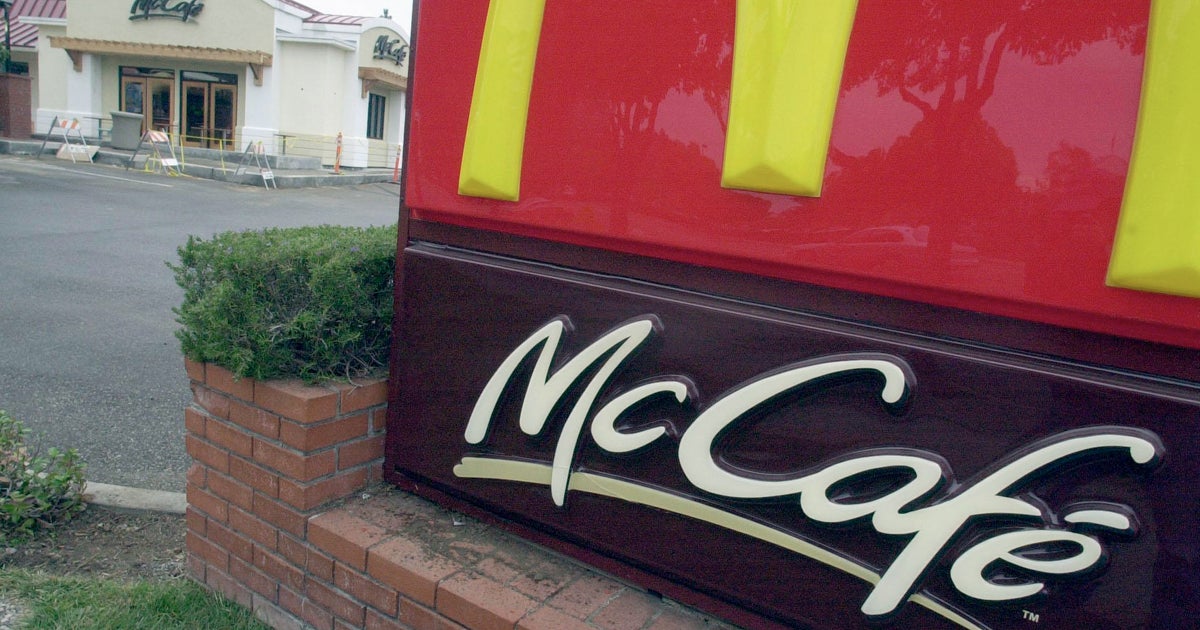Apple reaches $113 million settlement over claims it slowed down older iPhones
Apple has reached a $113 million settlement agreement with 34 states and Washington, D.C., over allegations that the company misled consumers about iPhone software updates that purposely slowed iPhones to extend battery life, California Attorney General Xavier Becerra announced Wednesday.
"Apple withheld information about their batteries that slowed down iPhone performance, all while passing it off as an update," Becerra said in a statement. "This type of behavior hurts the pockets of consumers and limits their ability to make informed purchases."
The complaint alleges that Apple used batteries in iPhone 6 and 7 devices that were "particularly susceptible" to performance loss over time. Because the phones are designed to shut down when the battery can't supply enough voltage to support the phone's processing needs, this triggered a higher than usual amount of shut downs as the batteries aged, according to the complaint.
To fix this, the complaint alleges that Apple created software updates that it said would "improve power management," but instead throttled, or slowed, the phone's processing ability. That led to issues including longer app launch times, reduced screen brightness, and lower speaker volume, according to the complaint. The complaint cited multiple instances in which Apple allegedly misled consumers about the true purpose of software updates.
"Rather than being candid or forthright with its customers, Apple chose to misrepresent both the nature of the [shut down] problem, and the throttling solution, to its customers. Apple did not reverse course on this internal decision until it was publicly called out for its deception by the press in late December 2017," the complaint noted.
"Ultimately, the value of these consumers' iPhones was lower relative to what it would have been had Apple equipped these customers with the information and agency to make informed choices about their devices," the complaint added.
As part of the settlement, Apple agreed to provide "clear and easily visible information" on its website that explains how the company is handling battery performance issues, and to offer "a clear and easily visible notice" when an update "materially affects iPhone processing performance," among other terms.
"With this settlement, the technology company has pledged to provide clear and conspicuous communication to consumers about lithium-ion batteries, unexpected shutdowns and performance management," Los Angeles County District Attorney Jackie Lacey said in a statement.
Becerra's statement said Apple has already paid $500 million to settle private class action litigation about the issues raised by his office.
A spokesperson for Apple declined to comment on the settlement, but pointed to a section of the agreement which states that "nothing contained herein may be taken as or construed to be an admission or concession of any violation of law, rule, or regulation, or of any other matter of fact or law, or of any liability or wrongdoing, all of which Apple expressly denies. No part of this Judgment, including its statements and commitments, shall constitute evidence of any liability, fault, or wrongdoing by Apple."
Editor's note: This article has been updated to correct the amount of the settlement in the headline.




